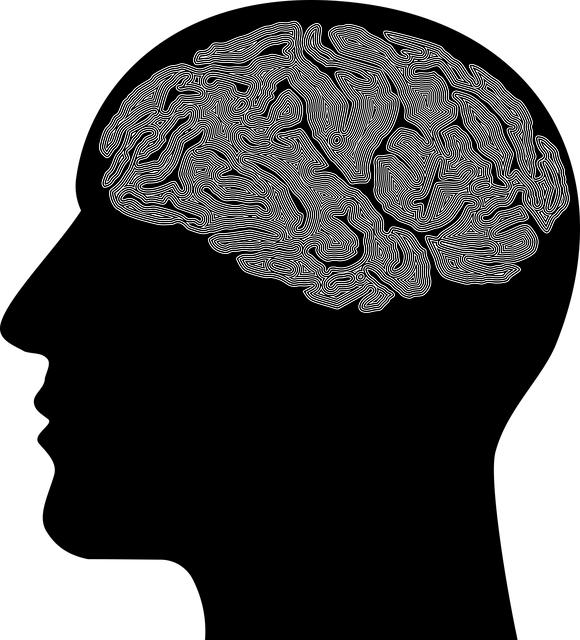Broomfield Conduct Disorder Therapy leads in crisis intervention through its Crisis Intervention Teams (CITs), utilizing evidence-based strategies from conduct disorder therapy. These multidisciplinary teams, comprising mental health specialists, police officers, and social workers, effectively de-escalate crises, ensure safety, and connect individuals with long-term emotional healing resources. Through comprehensive training focused on community integration, specialized communication skills, cognitive-behavioral therapy (CBT), mindfulness meditation, and compassion cultivation, Broomfield Conduct Disorder Therapy equips CIT members to handle various crises, from mental health emergencies to substance abuse or behavioral disruptions. Regular evaluations measure response times, resolution rates, and client satisfaction to continuously improve the program's alignment with community needs.
“In today’s complex social landscape, effective crisis intervention is more critical than ever. This article explores the vital role of Crisis Intervention Team (CIT) training programs in addressing conduct disorders, with a specific focus on the Broomfield approach. We delve into the essential components that make these programs successful, from comprehensive training to real-world implementation and evaluation. Understanding CITs is key to fostering healthier communities and supporting individuals struggling with conduct disorders.”
- Understanding Crisis Intervention Teams: A Essential Overview
- Components of Effective Broomfield Conduct Disorder Therapy Training
- Implementing and Evaluating Crisis Intervention Team Programs
Understanding Crisis Intervention Teams: A Essential Overview

Crisis Intervention Teams (CITs) are specialized groups designed to swiftly and effectively respond to individuals in crisis. These teams typically include trained professionals from various disciplines, such as mental health specialists, police officers, and social workers, who work collaboratively to provide immediate support. The primary goal of CITs is to de-escalate situations, ensure safety, and connect individuals with appropriate resources for long-term emotional healing processes.
In communities like Broomfield, Conduct Disorder Therapy plays a crucial role in CIT training programs. By equipping team members with evidence-based strategies, these programs enhance their ability to handle a wide range of crises, from mental health emergencies to situations involving substance abuse or behavioral disruptions. Through conflict resolution techniques and confidence-boosting exercises, CITs are prepared to navigate challenging scenarios, offering not just immediate support but also facilitating the development of healthier coping mechanisms for individuals facing crisis.
Components of Effective Broomfield Conduct Disorder Therapy Training

Effective Broomfield Conduct Disorder Therapy training programs incorporate a multifaceted approach to address the complex needs of individuals with conduct disorder. Firstly, they emphasize Community Outreach Program Implementation to foster connection and reduce stigma, ensuring support systems are in place outside clinical settings. Through interactive workshops and role-playing scenarios, trainees learn specialized Communication Strategies tailored to defuse tense situations and build rapport with individuals struggling with conduct disorders. This includes techniques for active listening, empathy, and de-escalation, which can significantly aid in managing anger and aggression while promoting Anxiety Relief. Furthermore, training should delve into evidence-based therapeutic modalities like cognitive-behavioral therapy (CBT) to help participants understand and change problematic behaviors at their root.
Implementing and Evaluating Crisis Intervention Team Programs

Implementing effective crisis intervention team (CIT) programs requires a structured approach. It begins with comprehensive training for all team members, ensuring they are equipped to handle various crises. The training should encompass evidence-based practices such as mindfulness meditation and compassion cultivation techniques, which have been shown to reduce anxiety relief and improve de-escalation skills. Broomfield Conduct Disorder Therapy, for instance, has gained recognition for integrating these strategies into its CIT curriculum.
Evaluation is a crucial step in the process. Regular assessment of the program’s impact allows for identifying areas of improvement. By measuring outcomes such as response times, resolution rates, and client satisfaction, organizations can ensure their CIT programs are effective and aligned with the evolving needs of their communities. This ongoing evaluation facilitates necessary adjustments to the training curriculum, ensuring the team remains prepared to handle crises with empathy and efficiency.
Crisis intervention team (CIT) training programs play a pivotal role in equipping professionals to handle mental health crises effectively. By integrating components like de-escalation techniques, trauma-informed care, and collaborative problem-solving, these programs foster safer communities and improve outcomes for individuals experiencing conduct disorders, such as those seen in Broomfield Conduct Disorder Therapy settings. Implementing and evaluating CIT programs ensures continuous improvement and better preparation to navigate complex situations, ultimately enhancing the quality of care provided.













